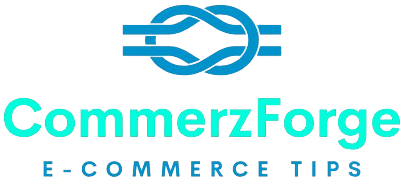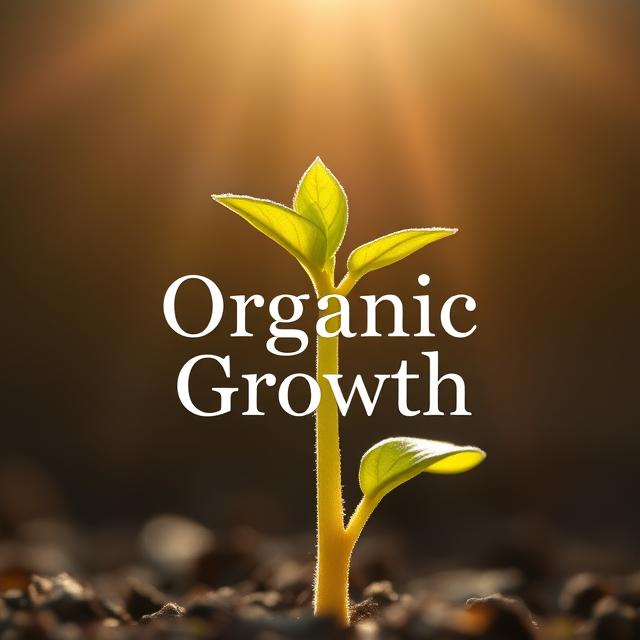Organic Growth: A Human-Centered Guide to Sustainable Business Success
In today’s fast-moving digital world, organic growth is becoming the backbone of sustainable business success. But what is that? and why does it matter in 2025? Simply put, it’s about growing your business naturally—without relying on outside funding or acquisitions. It focuses on value, customer trust, and continuous improvement.
What is Organic Growth in Business?
business growth happens when a company expands using its own resources—rather than through mergers or investments. It relies on better customer service, smarter content strategies, and improved operations. This approach is long-term, scalable, and aligned with authentic brand building.
Organic Growth vs Inorganic Growth: What’s the Difference?
Let’s break down the difference between growing organically and using external capital or acquisitions.
| Feature | Organic Growth Strategy | Inorganic Growth |
|---|---|---|
| Cost | Lower over time | High upfront cost |
| Control | Maintained by original owners | Often shared with partners |
| Risk | Lower, steady | High, quick changes |
| Speed | Gradual and consistent | Fast, potentially unstable |
Tip: Many successful companies balance both strategies depending on goals.
Key Factors of organic growth That Drive Success
What really powers sustainable business expansion?
1. Content-Driven Marketing Strategy
marketing often starts with content—blogs, videos, webinars, guides. These help you rank in search, educate users, and drive qualified traffic without paid ads.
2. Customer-Centric Product Improvement
Listen and iterate. Enhancing features or resolving issues based on user feedback builds loyalty and improves lifetime value.
3. Efficient Internal Operations
Streamline workflows, automate tasks, and empower your team. A lean, focused operation is a core ingredient for growing your business organically.
4. Branding and Trust Building
A consistent brand message, backed by strong values, creates a solid reputation. This type of organic expansion encourages referrals and word-of-mouth.
Insight: Each of these growth factors is built internally, not bought externally.
Why Organic Business Growth Matters in 2025
- It’s cost-effective and stable
- Audiences prefer authentic, transparent brands
- Algorithms reward helpful content, not ads
- Paid advertising ROI is declining
How to Build an Organic Growth Strategy That Works
1. SEO and Content Marketing Plan
Make your website an SEO-friendly knowledge center:
- Create blog posts that target user intent
- Improve internal linking to increase engagement
- Use long-tail keywords for targeted traffic
Tool to Try: Google Search Console
2. Social Media Tactics
You don’t need big budgets to build brand awareness:
- Share valuable content consistently
- Post behind-the-scenes stories
- Encourage user-generated content
- Engage actively in comments and DMs
Stat: Over 53% of consumers trust organic content over paid promotions.
Case Studies in Action
HubSpot: Content First
HubSpot focused on inbound marketing—publishing helpful content and offering free tools. It attracted customers organically and grew into a global brand.
Canva: Empowering Creators
Canva built an organic community through templates, tutorials, and user-generated design shares. Its word-of-mouth momentum fueled growth.
Take Challenges and learn How to Overcome Them
- Slow Early Results: Growth takes time but builds solid foundations
- High Content Demands: Be consistent with quality, not just quantity
- No Instant Wins: But long-term rewards are greater
Stick with your strategy—it compounds over time.
ready to start your business click here.
Final Thoughts: Why Organic Business Growth Wins Long-Term
In the digital age, growing a business naturally isn’t just smart—it’s sustainable. Focus on helping your customers, refining your brand, and delivering lasting value.
One blog post, social interaction, or product update at a time—that’s how brands grow organically and meaningfully.




[…] hit the button to start . […]